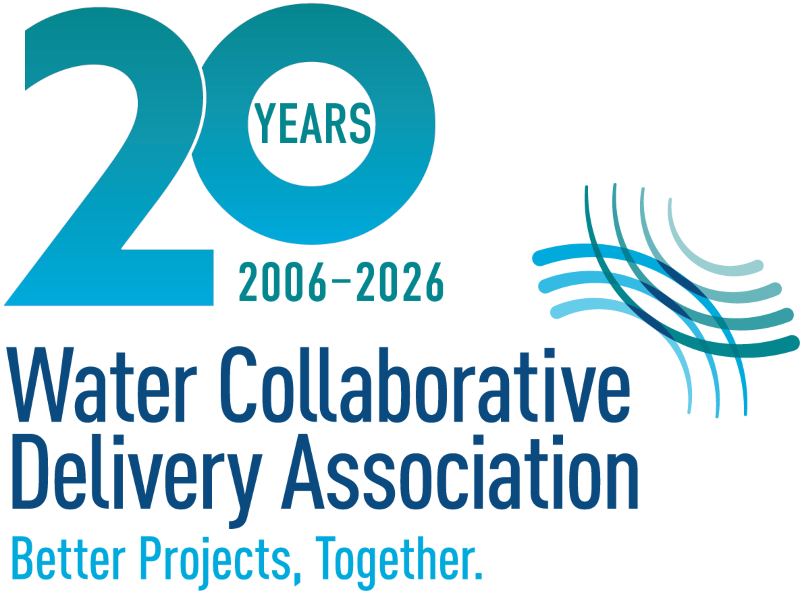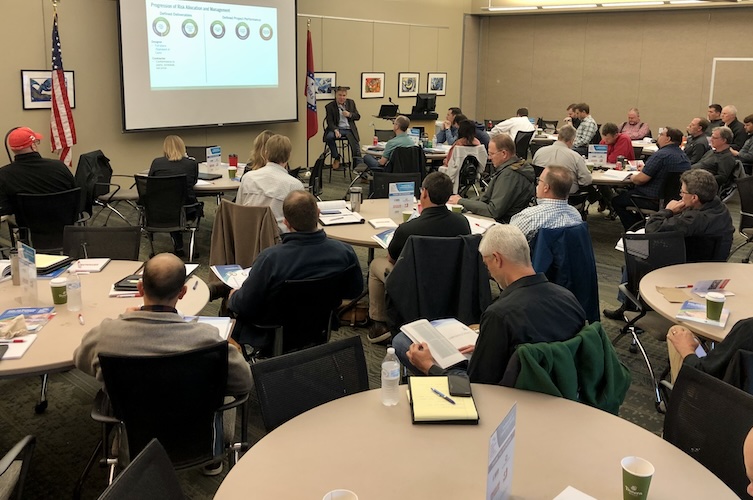During the annual DBIA Water/Wastewater Conference in Cincinnati earlier this spring, both owners and panelists expressed a recurring theme: More and more owners are recognizing the need to effectively train internal staff who will be directly involved in collaborative delivery to support the successful implementation of their projects. In addition, these same owners recognize that previous procurement policies and traditional contractual agreements don’t cross-pollinate over to the collaborative delivery process. Multiple owners asked the question, “How do we become an owner of choice?”
In recent conversations with various owners who are making the decision to pursue collaborative delivery as the delivery method of choice for their water/wastewater infrastructure projects, they admitted that properly training internal staff and updating procurement practices are important steps in attracting qualified practitioners. There has been a significant increase in owner attendance at Water Collaborative Delivery Association (WCDA) education sessions, as well as an increase in invitations for collaborative delivery trainers to train as many as 20 individuals on the utilities’ staff. There are vast resources available through WCDA and DBIA for owners to receive education and contractual resources that are accepted in the collaborative delivery industry.
In addition to staff training, another significant part of the equation is to review, and potentially revise, current procurement practices and contractual agreements to better facilitate the collaborative delivery process. One owner recently spoke to me about a progressive design-build project that had not been successful for them. As we discussed the experience, it became clear that the root cause of the failure was the contract vehicle—which was based on traditional design-bid-build agreement terms—that proved cumbersome to execute. While exploring effective delivery methods for future projects, this owner has been actively engaged in collaborative delivery education events and accessing available resources through the WCDA and DBIA platforms
The market has evolved to a place where both owners and collaborative delivery practitioners have choices, and both sides of the aisle need to create environments where projects are set up for success. Recent data from WCDA education events shows a 100% increase in owner participation year over year since 2022. This trend is encouraging to the industry and will only help to ensure the ongoing sustainable success of collaborative delivery projects in the water space.
For more information on owner readiness, download the WCDA 2023 Phase II Research Report: Collaborative Delivery of Water and Wastewater Projects: Readiness for Success.

